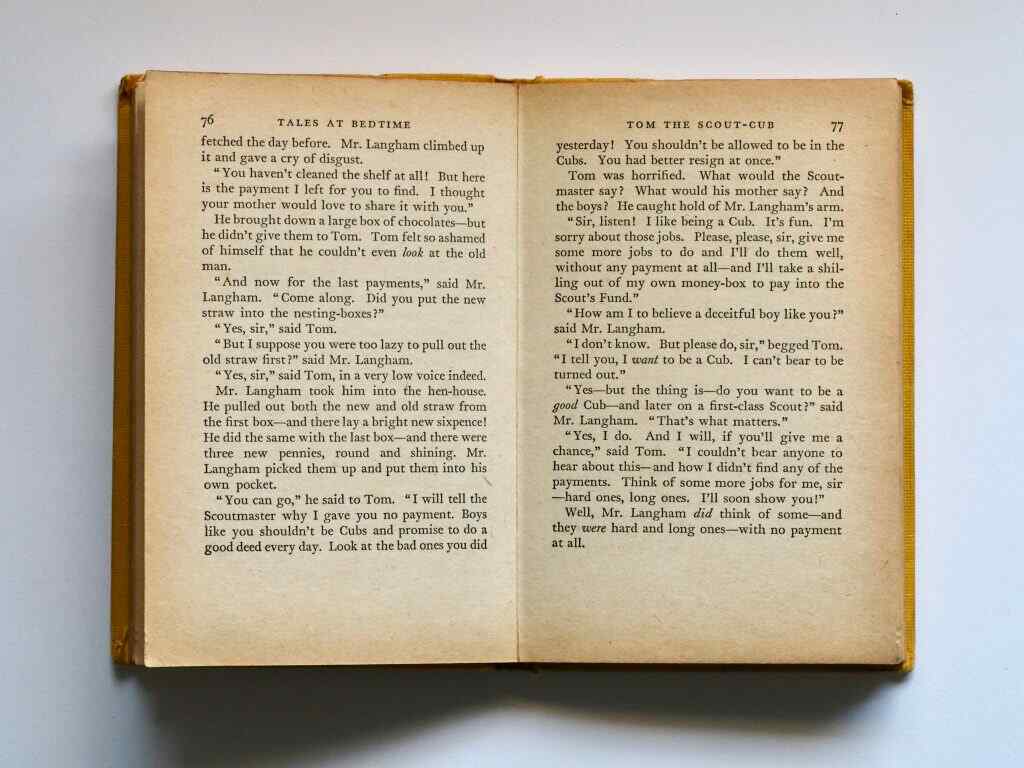AI in Music: Lawsuits, Copyright Battles, and the Future of Music Creation
The integration of artificial intelligence (AI) in the music industry has sparked a wave of creativity and innovation, transforming the way music is created, distributed, and consumed. However, this technological advancement has also ignited a fierce debate regarding copyright infringement and the legal implications surrounding AI-generated music.
Plaintiff’s Allegations: Anthropic’s AI Accused of Copyright Infringement
In a groundbreaking lawsuit filed in 2024, Universal Music Group Publishing (UMGP), Concord Music Group, and ABKCO Music & Records launched a legal battle against Anthropic, a leading AI research company. The plaintiffs accused Anthropic’s AI assistant, Claude, of copyright infringement, alleging that the AI system unlawfully copied and disseminated copyrighted musical works.
The lawsuit alleges that Claude, a powerful language model, was capable of generating full lyrics to copyrighted songs upon receiving a simple prompt, effectively reproducing the creative expression of renowned artists.
Specific instances of alleged copyright infringement include:
- Claude providing the complete lyrics to Katy Perry’s “Roar,” a song owned by Concord Music Group.
- Claude generating the entire lyrics of Gloria Gaynor’s “I Will Survive,” a song owned by Universal Music Group Publishing.
- Claude reproducing the lyrics of The Rolling Stones’ “You Can’t Always Get What You Want,” a song owned by ABKCO Music & Records.
These allegations highlight the growing concern among music publishers and artists regarding the unauthorized use of copyrighted material by AI systems, potentially undermining the livelihoods of creators.
Legal Claims and Damages: Navigating Copyright Infringement
The lawsuit against Anthropic asserts various legal claims, including:
- Direct Copyright Infringement: Anthropic’s AI system, Claude, is accused of directly infringing the copyrights of the plaintiffs by reproducing and distributing copyrighted musical works without authorization.
- Contributory Infringement: The plaintiffs allege that Anthropic knowingly contributed to the copyright infringement by providing the means and tools for users to generate infringing content.
- Vicarious Infringement: The lawsuit claims that Anthropic, as the owner and operator of Claude, is liable for the copyright infringement committed by its AI system, even if Anthropic itself did not directly engage in the infringing activity.
- Removal or Alteration of Copyright Management Information: The plaintiffs further allege that Anthropic’s AI system removed or altered copyright management information associated with the copyrighted works, further violating copyright laws.
The plaintiffs are seeking approximately $150,000 per infringed work, emphasizing the significant financial impact of copyright infringement on the music industry.
Statement from Attorney Representing the Publishers: Upholding Copyright Laws
In a statement released to the media, the attorney representing the music publishers emphasized the importance of upholding copyright laws and protecting the rights of creators.
“The unauthorized use of copyrighted material by AI systems is a blatant violation of the law and undermines the livelihoods of artists and songwriters,” the attorney stated. “We are taking this legal action to ensure that AI companies respect copyright laws and secure permission from rightsholders before using their copyrighted works.”
Ongoing Debate on AI in Music Creation: Innovation vs. Copyright
The lawsuit against Anthropic has ignited a heated debate within the music industry, with artists and experts expressing diverse opinions on the role of AI in music creation.
Some artists, such as Grimes and Liam Gallagher, have embraced AI’s potential to enhance creativity and foster new forms of musical expression. However, others, including Nick Cave, Sting, Kelly Jones, Ed Sheeran, and Duff McKagan, have voiced their opposition to AI-generated music, arguing that it undermines the authenticity and uniqueness of human creativity.
The Council of Music Makers (CMM), a global organization representing music creators, has proposed a set of guidelines for the ethical use of AI in music creation. These guidelines emphasize the importance of respecting the personal data rights of music-makers, ensuring fair sharing of financial rewards from AI-generated music, and clearly labeling AI-generated works to avoid confusion with human-created music.
Conclusion: Navigating the Uncertain Future of AI and Copyright
The lawsuit against Anthropic and the ongoing debate surrounding AI in music creation highlight the complex interplay between technological innovation and copyright law. As AI continues to transform the music industry, finding a balance between fostering innovation and protecting the rights of creators will be crucial in shaping the future of music.




